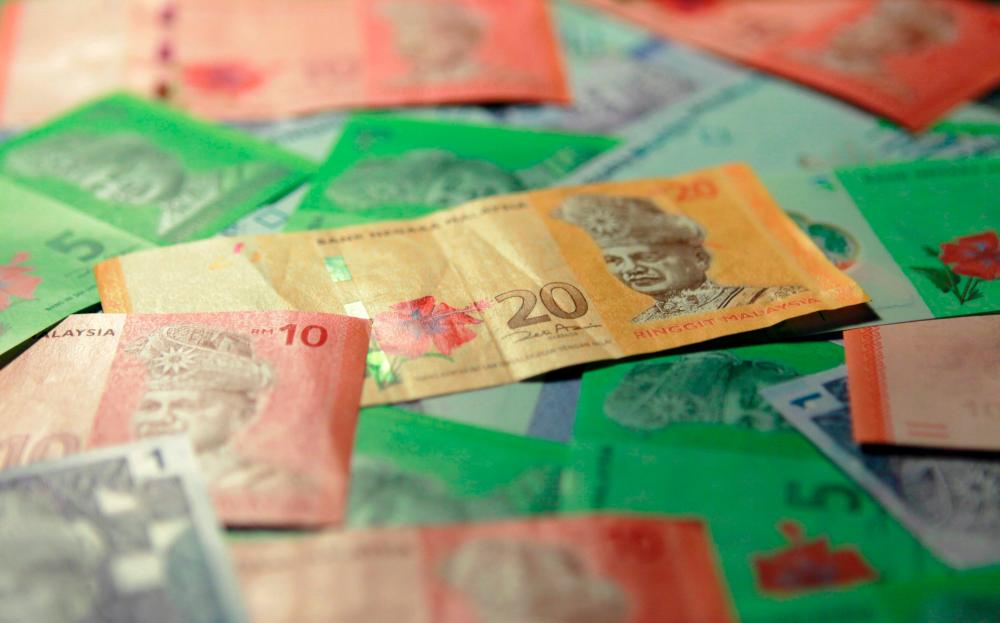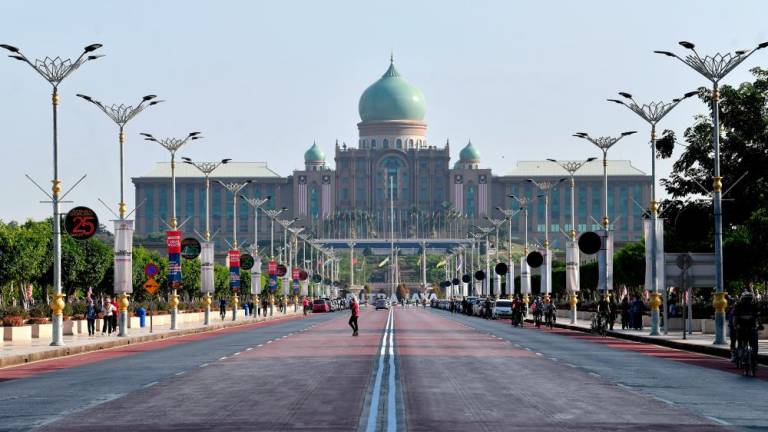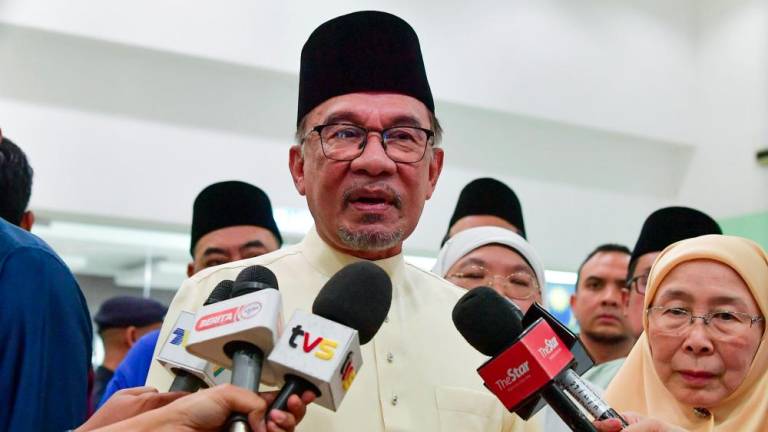PETALING JAYA: While the US is aggressively combating high inflation by raising interest rates, the Singapore government is re-evaluating its currency as it uses the exchange rate as a monetary policy tool.
This has resulted in money changers in the city state being reluctant to sell the ringgit to avoid losses, as the Singapore dollar is strengthening, said Sunway University economist Dr Yeah Kim Leng.
He was commenting on a report that Singapore money changers were not selling the ringgit despite high demand and long queues as they refuse to stock the ringgit due to its volatility, which has caused money changers to suffer losses.
As of yesterday, one Singapore dollar was worth RM3.23, a record high after starting the year at RM3.0857.
Yeah said exchange rates have become more volatile due to the global inflationary shocks triggered by the Russia-Ukraine war.
“Not surprisingly, in a volatile market, especially when the Singapore dollar is on a strengthening path, money changers would either minimise or not have ringgit holdings to avoid losses.
“Instead of money changers, customers can go to banks, especially the Malaysian ones operating in Singapore, if they want to buy ringgit.”
Yeah added that Malaysia’s current inflation rate was hovering around half to one-third of the inflation that has hit most countries, including Singapore.
“The moderate inflation despite the global energy and food price shocks is largely due to price controls and subsidies provided by the government. However, there is a huge fiscal cost as the subsidy burden has ballooned, thereby necessitating the government to mount an austerity drive and review planned mega infrastructure projects.”
Yeah said rather than interest rates, Singapore’s monetary policy is based on the exchange rate as a tool to respond to changing growth and inflation conditions. With inflation rising above 5%, Singapore is strengthening its currency to bring down inflationary pressures, especially imported prices.
“Despite the sharp depreciation against the US and Singapore dollars, the ringgit remains relatively stable against the basket of currencies of the country’s trading partners.
“International competitiveness of the ringgit, which affects the country’s trade and investment flows, therefore is not threatened by the depreciation of a few countries’ currencies.
“The best antidote to currency weakness is to manage the economy well by increasing productivity, reducing bottlenecks to growth, raising overall economic efficiency and boosting investor confidence by ensuring policy certainty and political stability while raising governance and institutional quality,” he said.
Yeah pointed out that the key to reducing the people’s suffering and building a more resilient and prosperous future lies with private sector-led growth and investment-enhancing policies that boost domestic and foreign direct investments.
He added that this is apart from supporting job creation while encouraging entrepreneurship and innovation activities that lead to higher wages and income.
Abdul Hamid Khan, a money exchange operator at Hasani Munawarah Exchange Sdn Bhd, claimed the unstable political situation in Malaysia is one factor that is causing the ringgit to depreciate.
“Operators in Singapore are cautious as it is not profitable for them to sell foreign currency at a lower value than when they bought it.
“Foreign investors are also cautious about investing in Malaysia, considering they are aware of our current political situation. I hope the politicians will do something to stabilise the political situation and grow the economy, as our future is at stake,” he said.














